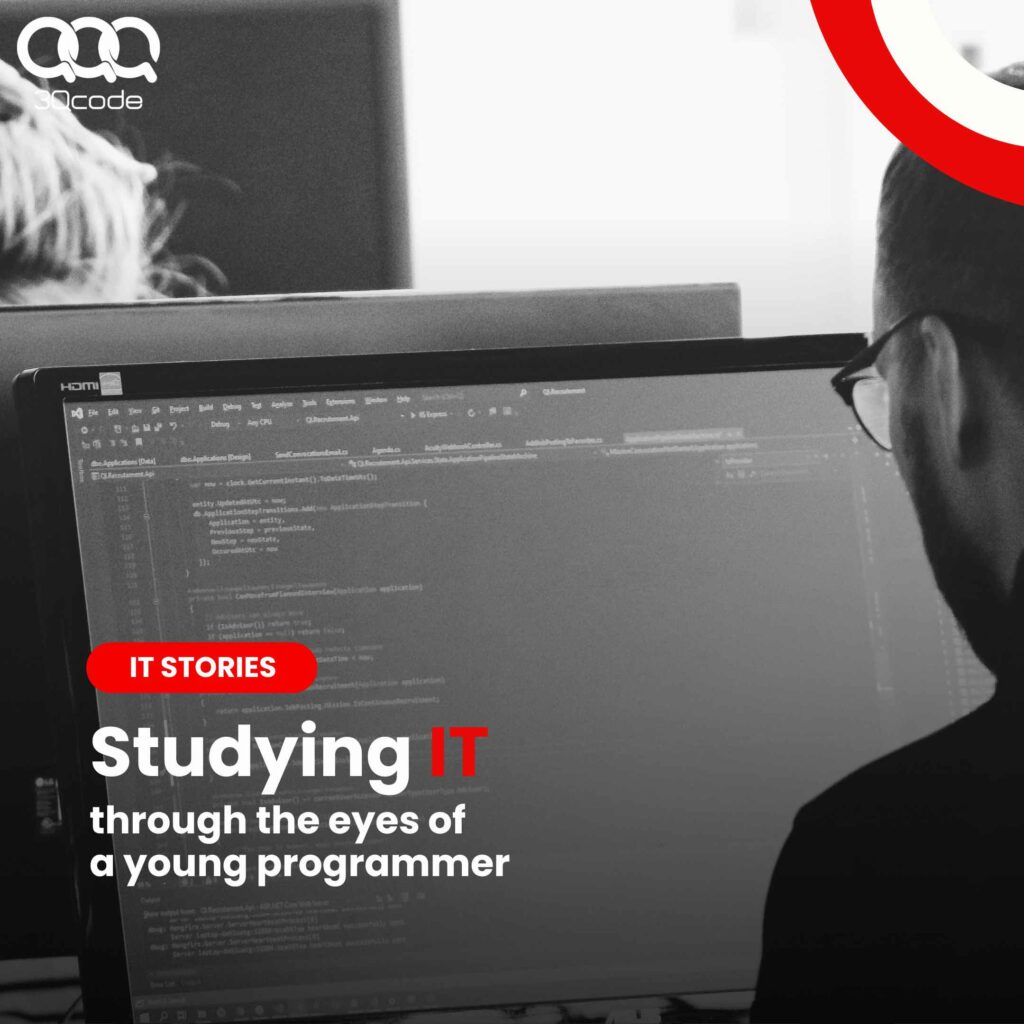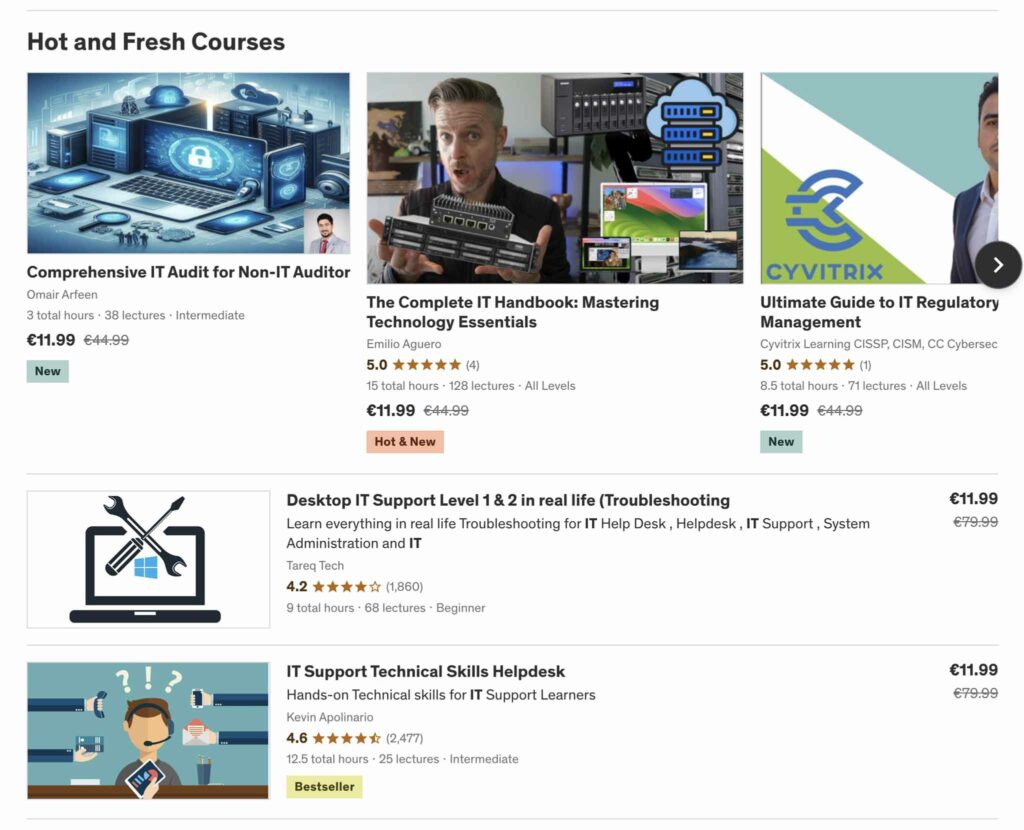IT Studies: a necessary ticket to a career or just a formality?
PRZECZYTAJ INNY ARTYKUŁ

Jak firmy zyskały dzięki Mendix – 3 case study
Poznaj trzy przykłady firm, które dzięki low-code Mendix przyspieszyły rozwój, zautomatyzowały procesy i zwiększyły efektywność działania.

Low-code

Low-code z Mendix
Jako certyfikowany partner Mendix w Polsce pokażemy Ci, jak technologia low-code zmieni konkurencyjność Twojej firmy.

Low-code

3Qcode na wydarzeniach No-Code i Low-Code w 2025 roku
Podsumowanie pierwszych 6 miesięcy roku i naszej obecności na branżowych wydarzeniach no-code/low-code.

News

Gartner TOP 10 strategic technology trends for 2025
Gartner’s leading technology trends for 2025 serve as a guiding compass to help your organization navigate the road ahead with confidence and resilience.

TOP 10

What is Webflow? Features and cost analysis
Webflow is a no-code website-building platform designed to empower individuals and businesses to create professional websites without delving into traditional coding.

No-codeAI

O3 model redefines AI capabilities
OpenAI’s latest model, codenamed O3, has achieved results surpassing human performance in a benchmark test, setting a new standard for AI capabilities.

AI

OpenAI’s „12 Days of OpenAI” campaign
“12 Days of OpenAI” campaign is a series of daily product releases and updates that showcase groundbreaking advancements in AI, designed to inspire and empower users around the world.

IT stories

Jak pracujemy zdalnie w 3Qcode
Płyniemy tą łajbą 100% zdalnie, dowiedz się, jak wygląda nasza współpraca zespołowa. Posłuchaj głosu deweloperów!

IT stories

3Qcode as a speaker at No Code Days 2024
Jacek Zawadzki, the CEO of 3Qcode, was a featured speaker at No Code Day 2024. He shared insights on leveraging no-code platforms to drive innovation and streamline digital transformation.

EventsNews

Green AI: the new trend in development
Enter Green AI, a rapidly growing movement dedicated to minimizing the environmental impact and carbon footprint of AI systems while promoting sustainable innovation.

AI

Act One by Runway odblokowany dla wszystkich!
Dowiedz się, czym jest Act-One, innowacyjne narzędzie opracowane przez Runway, które umożliwia tworzenie ekspresyjnych animacji postaci przy użyciu prostych nagrań wideo.

NewsAI

3Qcode officially becomes a Mendix partner in Poland
We’re excited to announce that 3Qcode has officially joined the Mendix partner network in Poland, enabling us to support businesses in accelerating their digital transformation journey.

Low-codeNews
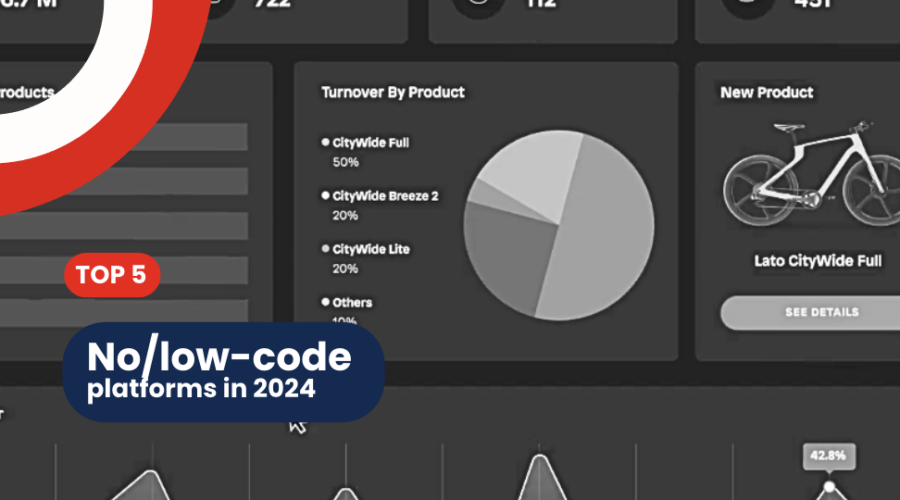
Top 5 no-code/low-code platforms in 2024
These platforms empower even non-technical users to create business solutions, using no-code and low-code technologies for quick development without deep programming skills.

No-codeTOP 10

Bielik – AI made in Poland
This is a Polish language model from the LLM (Large Language Models) category, with a potential of 11 billion parameters! To „train” Bielik, two of the fastest supercomputers in Poland.

AI
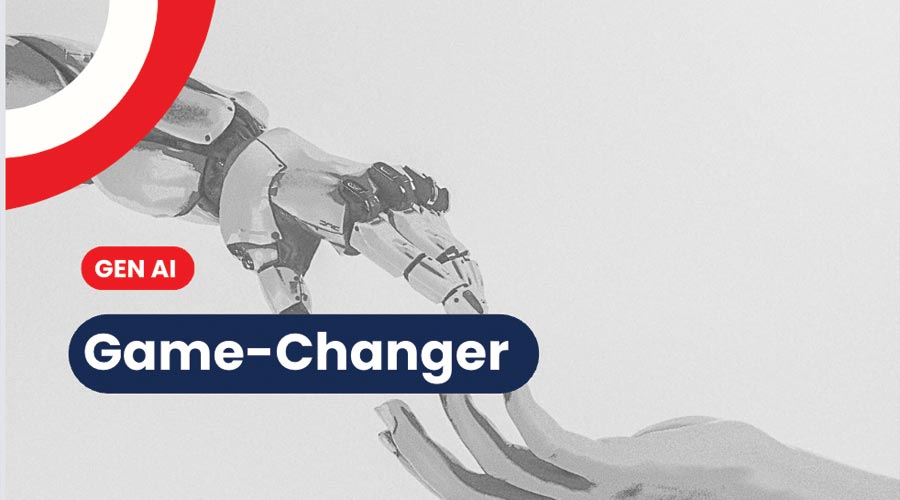
10 examples where AI proved to be a game-changer
Check out specific examples where AI has truly been a game-changer, transforming industries ranging from archaeology to agriculture, with unprecedented efficiency.

TOP 10AI

Jakie są wady i zalety no-code?
Poznaj wady i zalety no-code. Ekspert od AI wyjaśnia na praktycznych przykładach, kiedy warto korzystać z platform bez kodowania.

No-code

TOP 10 narzędzi AI dla marketingu
Odkryj 10 najlepszych narzędzi AI w marketingu, z których korzystają największe marki, aby przyspieszyć wzrost i zaangażowanie klientów.

TOP 10AI

No-Code na targach logistycznych MTTSL 2024
Jako 3Qcode pojawiliśmy się na targach MTTSL, aby promować rozwiązania No-Code dla branży logistycznej w Polsce.

Events
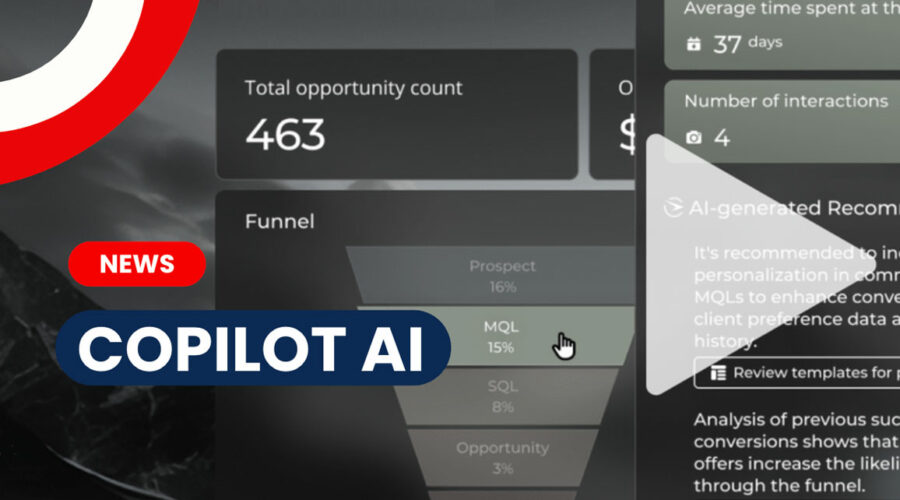
Copilot od Creatio – synergia GenAI i No-Code
Odkryj Copilot Creatio – połączenie GenAI i platformy no-code, które pozwala szybciej tworzyć inteligentne automatyzacje i procesy.

AI

Na czym polega metodologia Agile?
Dowiedz się, na czym polega metodologia Agile i jak może skutecznie usprawnić zarządzanie projektami w Twojej firmie.

Big Data

